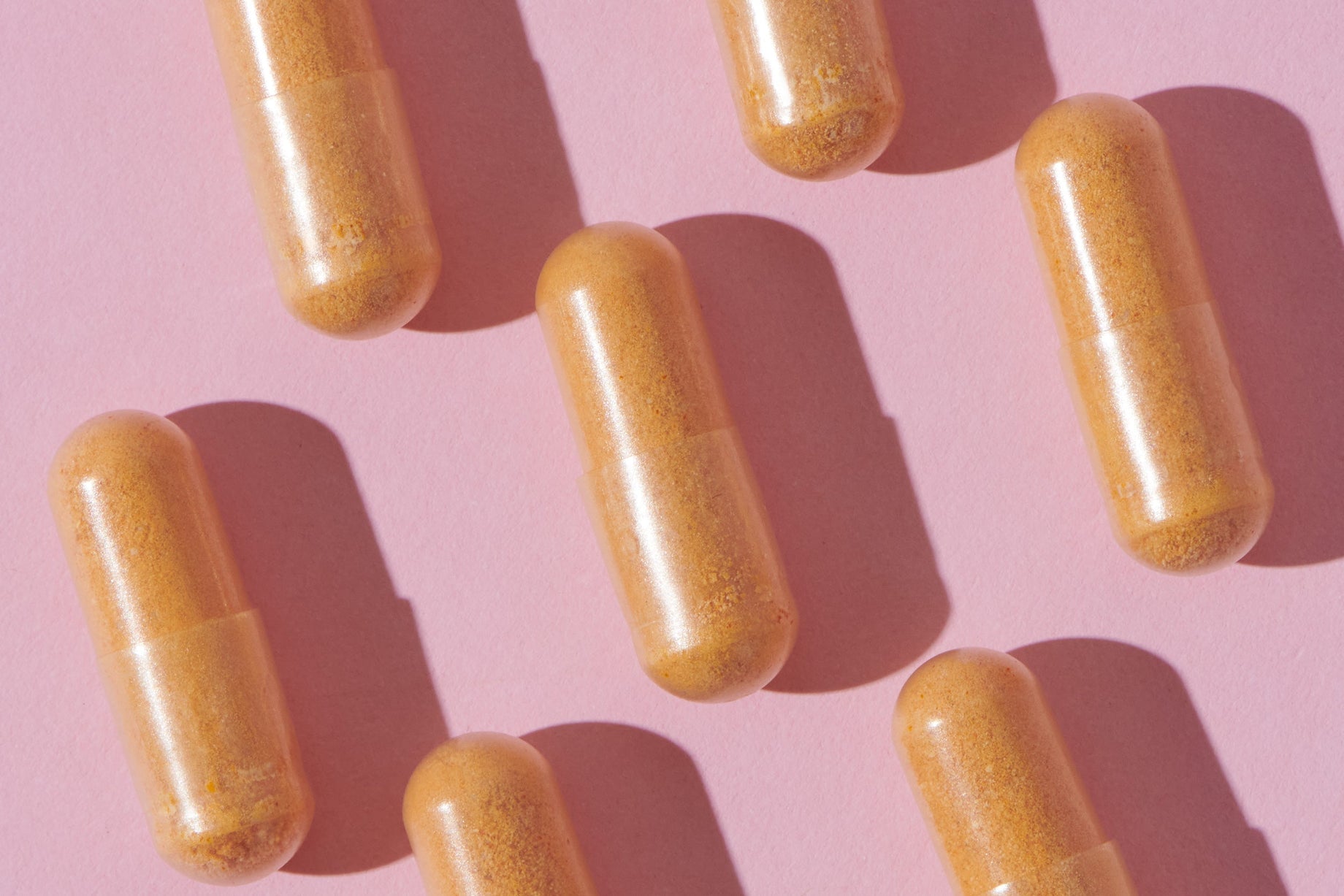Jump to:
What Happens When Dad Is Stressed
Men under chronic stress often experience elevated cortisol, which can suppress testosterone and disrupt sperm production, affecting sperm concentration, motility and shape—key factors in fertility.
Hormonal Imbalance and Oxidative Stress
Stress-induced cortisol spikes interfere with the hormones (LH/FSH) that regulate spermatogenesis and escalate oxidative stress—damaging sperm DNA and reducing vitality.
Epigenetic Effects on Offspring Health
Long-term psychological stress can change sperm epigenetic markers (like DNA methylation and sncRNAs), potentially impacting embryo development and passing increased stress sensitivity to children. Additionally, paternal stress—especially depression—has been linked to higher rates of very preterm births.
Age and Lifestyle Interactions
Older fathers and unhealthy habits (poor diet, smoking, low exercise) also contribute to sperm DNA fragility, motility decline and epigenetic changes that may impact children.
✿ What Dads-to-Be Can Do to Support Fertility
-
Manage stress daily: Breathing exercises, mindfulness, yoga or gentle exercise can help reduce cortisol and support sperm quality.
-
Improve sleep: Aim for consistent, restful sleep—sleep disruptions fuel hormonal imbalance and fertility issues.
-
Eat antioxidant-rich foods: Nuts, berries, leafy greens, zinc, folate and vitamin C support sperm DNA integrity.
-
Support overall health: Even non-pregnant partners can benefit from full-body nourishment—consider prenatal support for foundational wellness.
-
Boost energy & gut health: If fatigue or low energy arises with stress, try iron supplementation.
-
Balance stress and recovery: For stress, mitochondria or muscle recovery support, magnesium can be helpful.
-
Maintain immune support: Especially during high stress, vitamin D is essential—consider Vitamin D drops to support absorption and immunity.
-
Moderate lifestyle habits: Limit caffeine, minimise alcohol, quit smoking and maintain a healthy weight to reduce fertility risks.
-
Seek medical guidance: If stress or fertility struggles persist, a semen analysis and professional support can help tailor interventions.
Key Takeaways
Dad’s stress can affect sperm health and even pregnancy outcomes through hormonal and epigenetic pathways. But with stress management, good sleep, nutritious food, supplement support and medical guidance if needed, men can safeguard their fertility—and contribute to healthier babies.
Credits
✿ Bird, J. et al. (2023). Hormonal imbalance and male fertility. Frontiers in Endocrinology. [PubMed]
✿ Zheng, X., Li, Z. et al. (2021). Sperm epigenetic alterations after psychological stress. Cell Discovery, 7, 101. [PubMed]
✿ Factor‑Litvak, P. et al. (2014). Stress degrades sperm quality. Fertility and Sterility. [PubMed]
✿ Wired UK. (2016). Paternal depression and preterm birth risk.
✿ Cooper Clinic. (2025). Lifestyle factors and sperm quality. Healthline






